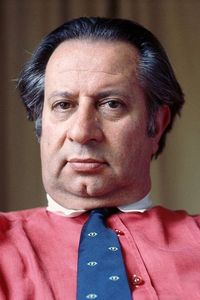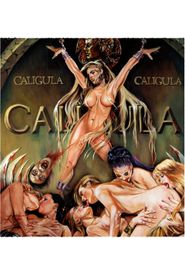Giovanni Brass, professionally known as Tinto Brass, was born on March 26, 1933, into a family with a rich artistic heritage. His grandfather, Italico Brass, a renowned artist, gave him the nickname "Tintoretto," which Tinto later adapted into his cinematic name. This artistic legacy would shape Tinto's future endeavors.
As he entered the Italian film industry, Tinto collaborated with prominent directors such as Federico Fellini and Roberto Rossellini, who greatly influenced his work. In 1963, he directed his debut film, "Chi lavora è perduto" (In capo al mondo),followed by avant-garde art films like "Attraction" (1969) and "L'urlo" (1966).
Tinto's career took an unexpected turn in 1976 when he was approached to direct a sexploitation film, "Madam Kitty." However, he chose to rewrite the script, transforming it into a dark, political satire, "Salon Kitty." The film's success caught the attention of Penthouse magazine publisher Bob Guccione, who hired Tinto to helm the big-budget adaptation of Gore Vidal's novel "Caligula" in 1979.
Despite completing the film, Tinto was fired and locked out of the editing room when he refused to incorporate hardcore sex scenes, as Guccione had envisioned. The final product, "Caligula," was heavily edited and featured explicit content, leading Tinto to disown the film. Ironically, it remains his most famous work.
After the release of "Caligula," Tinto was hired to direct a spy thriller, "Snack Bar Budapest" (1988). However, he later shifted his focus to erotica, driven by a desire to rebel against censorship and promote a more realistic portrayal of sexuality. He believed that sex is a natural part of life and should be addressed openly.
Tinto's subsequent films, including "Black Angel" (2002),an adaptation of the classic novella "Senso," and the erotic comedy "Fallo" (1988),solidified his reputation as a master of erotica and avant-garde art films.































